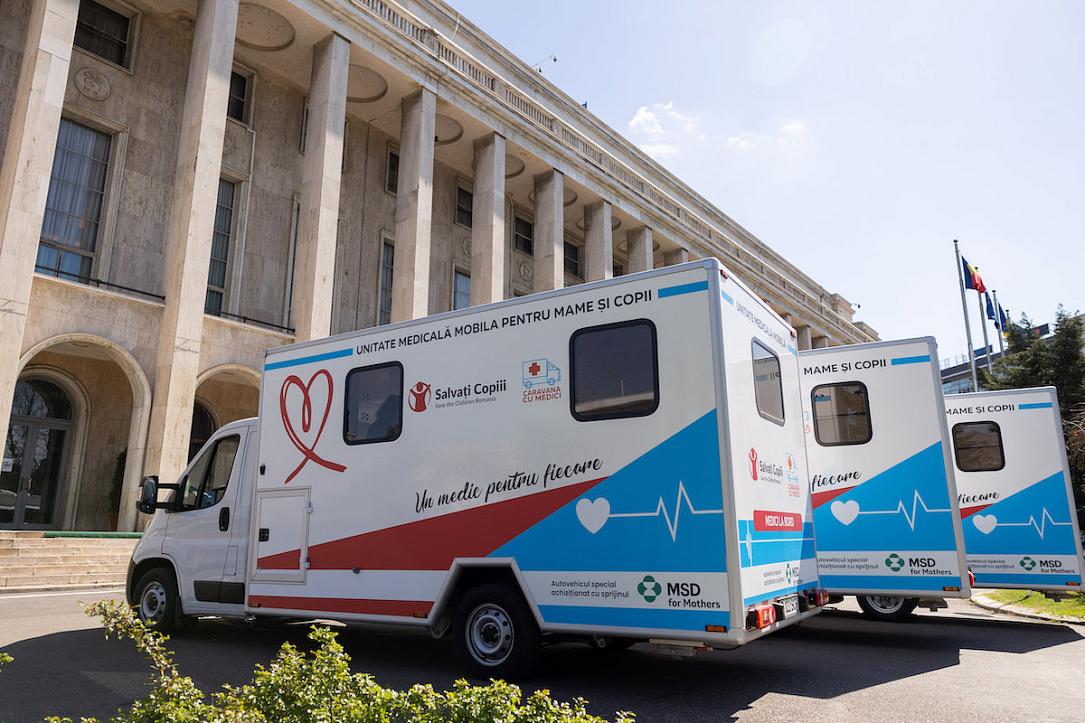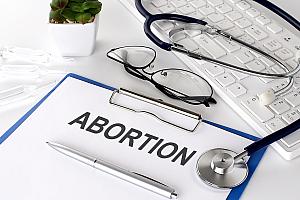Save the Children: Three mobile health caravans will travel to vulnerable rural communities in Romania

Three mobile health caravans will travel to vulnerable rural communities in Romania as part of an initiative aimed at easing access to healthcare services for people in remote areas. According to Save the Children, less than half (47%) of localities in Romania have enough family doctors, 328 communes do not have a family doctor, and the distribution of medical units and doctors is uneven between rural and urban areas.
Save the Children Romania made available to the medical teams of the Caravana cu Medici Association three medical caravans worth EUR 300,000. They are equipped with ultrasound machines and a gynecological and pediatric chair, which can be used to perform gynecological (breast, thyroid, abdomen) and pediatric ultrasound scans.
The organization said the caravans’ multidisciplinary team of specialists will provide complex medical and psychosocial services tailored to the needs of approximately 10,000 vulnerable people annually.
The three medical caravans were purchased with the support of a grant provided by MSD for Mothers as part of a larger project that also includes the Republic of Moldova.
The launch event was organized in partnership with the Romanian government, as the initiative can be integrated into the objectives of the social inclusion policy.
“Urban-rural development disparities dramatically discriminate against children who are born in a poor region with poor access to health services from the time they are born. An unmonitored pregnancy can pose major problems for both mother and fetus, with life-threatening consequences. We are intensifying our efforts in rural areas, where social policies are often not integrated, with these medical caravans that will provide medical assistance,” said Gabriela Alexandrescu, Executive President of Save the Children Romania.
A Save the Children survey carried out in 2023 in 17 counties showed that one in 10 pregnant women from rural areas did not have a check-up with the family doctor during pregnancy, and 34% did not have a check-up with a gynecologist during their pregnancy due to lack of money or because of the long distance to the first office. At the same time, 50% of pregnant women who were seen by a gynecologist during pregnancy said that the tests, ultrasounds, and consultations were not free.
According to official statistics, in 2022, most family medicine practices operated in urban areas, namely 6,300 compared to 4,100 in rural areas. Moreover, family doctors in rural areas have many more patients than those in cities.
The Save the Children Romania team, supported by local specialists (family doctors, social workers, health mediators), has created since 2010 a network for social inclusion and combating poverty by providing integrated services (medical, social, educational) at the local level, thus helping to increase access to sustainable and quality services for mothers, pregnant women, minor pregnant women and children up to 5 years of age.
To date, the organization has worked in 20 counties, in 70 disadvantaged rural communities, with 100,000 mothers, pregnant women, and children up to 5 years old.
irina.marica@romania-insider.com
(Photo source: Gov.ro)













